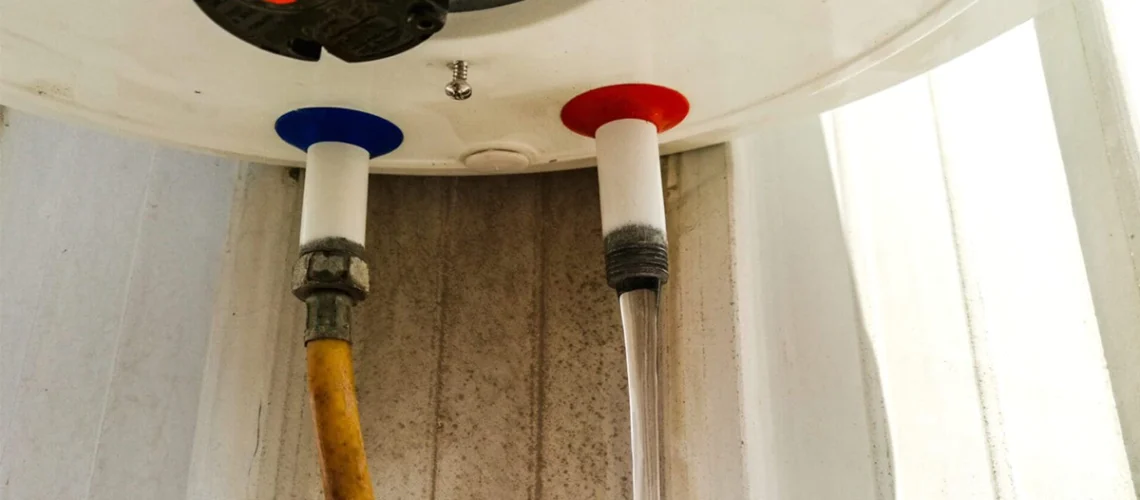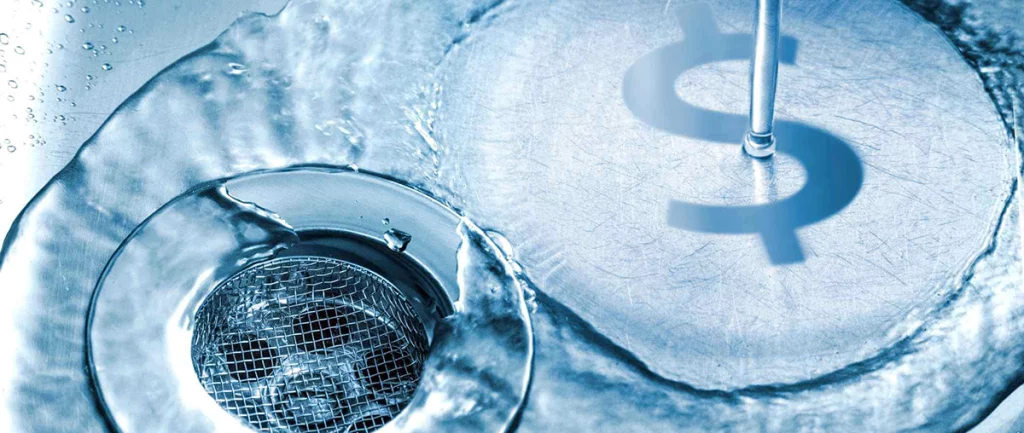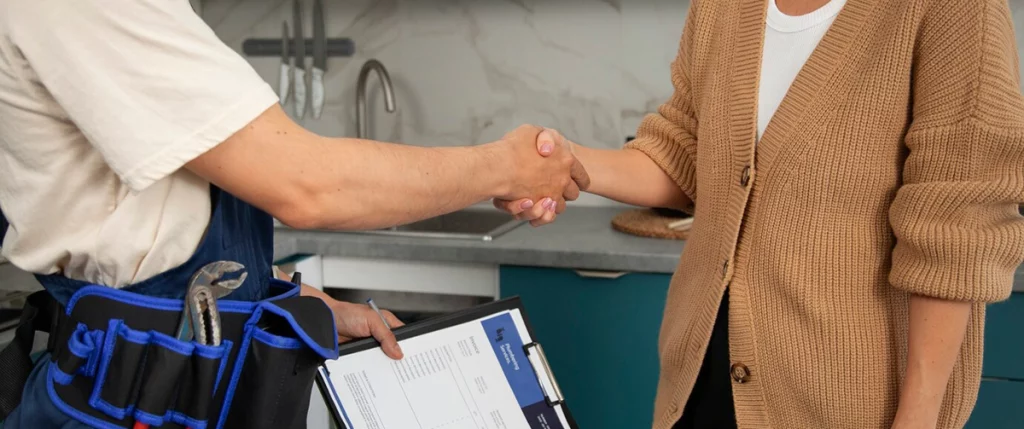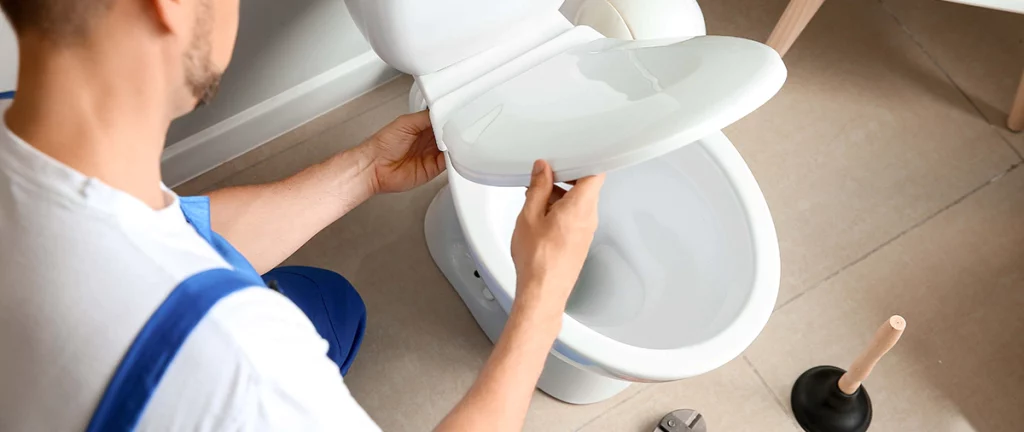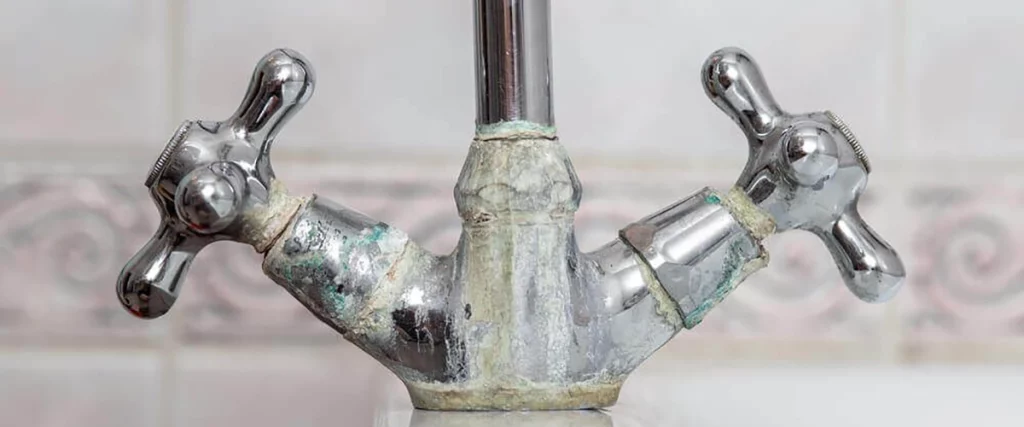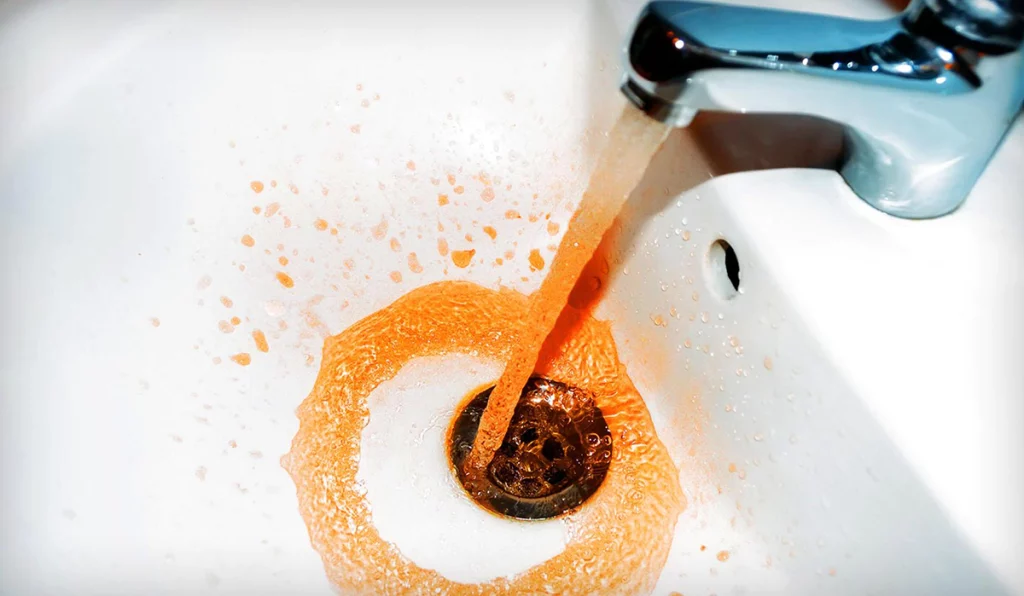A leaking water heater is a problem no homeowner wants to face. But before you panic, you may be asking, can you still use water if the water heater is leaking? In this article, we’ll cover the risks, what you should do, and when it’s time to call a plumber.
Contents
- 1 Can You Still Use Water if Your Water Heater Is Leaking?
- 2 Why You Should Avoid Using Water When the Water Heater Is Leaking
- 3 What to Do if Your Water Heater Is Leaking
- 4 If Your Water Heater Is Leaking from the Bottom, Can You Still Use It?
- 5 Signs of a Serious Water Heater Leak
- 6 How to Prevent Water Heater Leaks in the Future
- 7 Conclusion
Can You Still Use Water if Your Water Heater Is Leaking?
In most cases, it’s not advisable to continue using water if your water heater is leaking. While you may be able to run cold water, using hot water from a leaking unit can cause further damage to your plumbing system and potentially lead to safety hazards.
Why You Should Avoid Using Water When the Water Heater Is Leaking
Using water, especially hot water, when your water heater is leaking can lead to further damage to the unit, increase the risk of water damage to your home, and potentially create safety hazards like electrical issues or even a complete failure of the water heater.
1. Potential for More Damage
If your water heater is leaking from the bottom, the problem may be more serious than it appears. The leak could indicate that the tank is corroded or damaged. Continuing to use hot water could cause the leak to worsen, leading to water damage in your home.
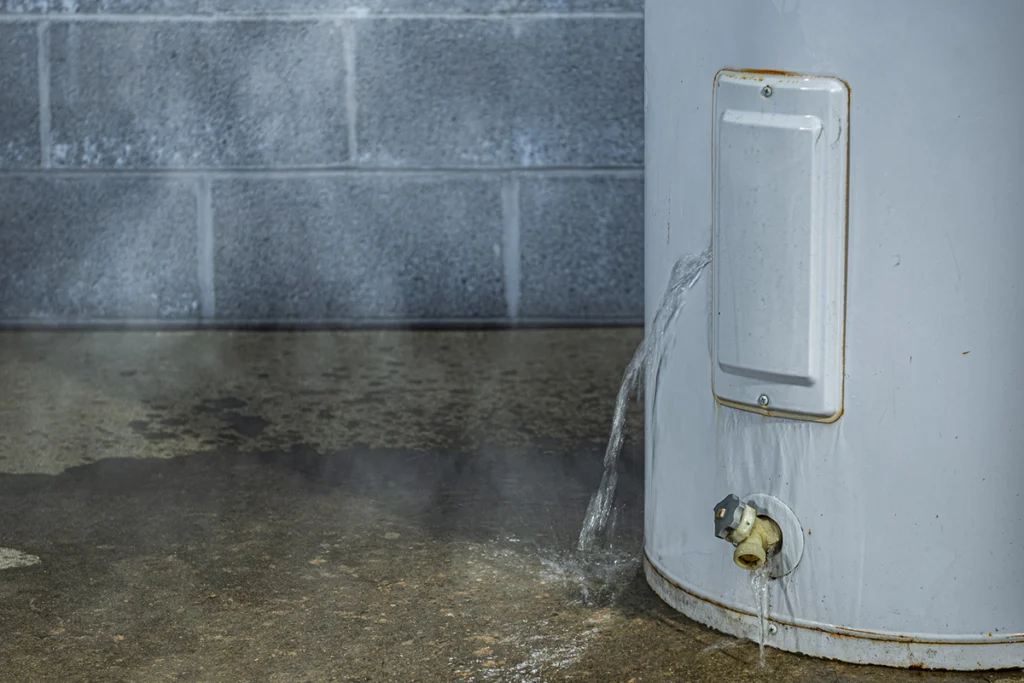
2. Safety Risks
A water heater leak can lead to electrical hazards, especially if the unit is near electrical components. Water pooling around the heater can result in short circuits or even fires in severe cases.
For homes with gas water heaters, leaks present additional hazards. Water intrusion can extinguish the pilot light or damage the burner assembly, potentially leading to unburned gas accumulation or improper combustion (carbon monoxide risk). If you detect a gas odor near a leaking gas water heater, evacuate the area immediately and contact your gas utility’s emergency service from a safe location. Do not operate electrical switches or create sparks.
3. Loss of Efficiency
If the heater is leaking, it may struggle to maintain water temperature. This not only makes it harder to get hot water but also increases your energy bills. Using hot water under these conditions may cost you more in the long run.
What to Do if Your Water Heater Is Leaking
If you notice a leak, it’s important to act quickly to prevent further issues. Here are the steps you should take:
1. Turn Off the Power
If you have an electric water heater, switch off the power at the circuit breaker to avoid any electrical hazards. For gas water heaters, turn off the gas supply.
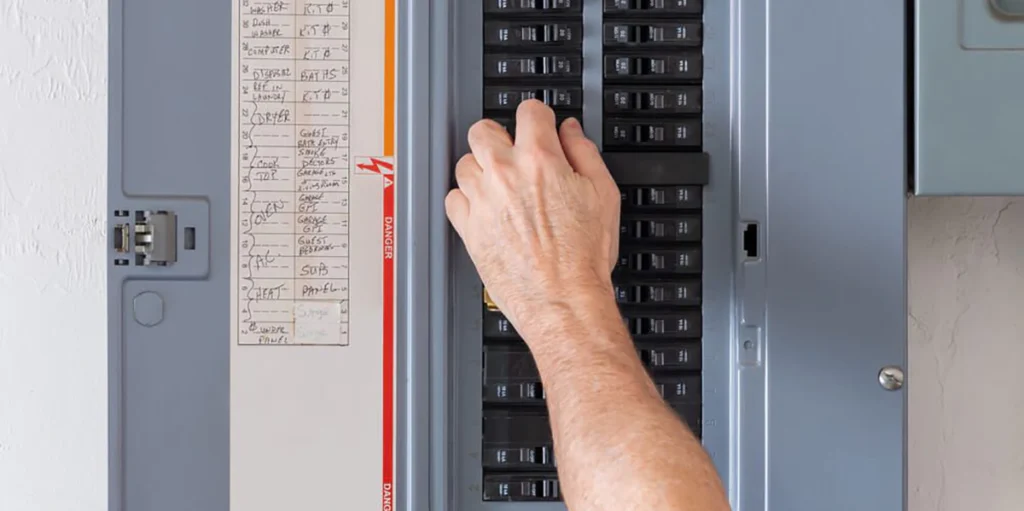
2. Shut Off the Water Supply
Locate the water shut-off valve connected to the water heater. Turning this valve off will stop water from entering the tank, minimizing the leak.
3. Drain the Tank
If the leak is substantial, draining the tank is necessary to prevent further water damage. Attach a hose to the drain valve at the bottom of the tank and direct it to a safe drainage area.
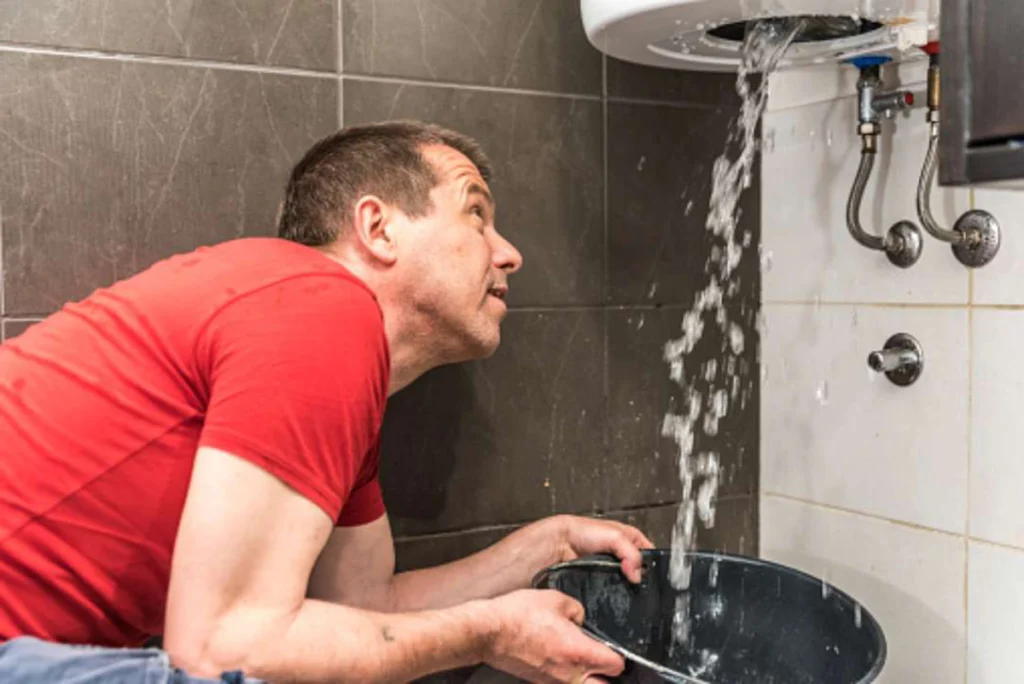
4. Call a Plumber
While minor leaks can sometimes be repaired, major leaks usually require professional assistance. A plumber can assess the issue, determine whether the tank needs to be repaired or replaced, and help you get your system back in working order.
If Your Water Heater Is Leaking from the Bottom, Can You Still Use It?
A common question is, if your water heater is leaking from the bottom, can you still use it? The answer is generally no. A leak from the bottom of the tank typically indicates a serious issue, such as corrosion, and continuing to use the heater could lead to a complete failure.
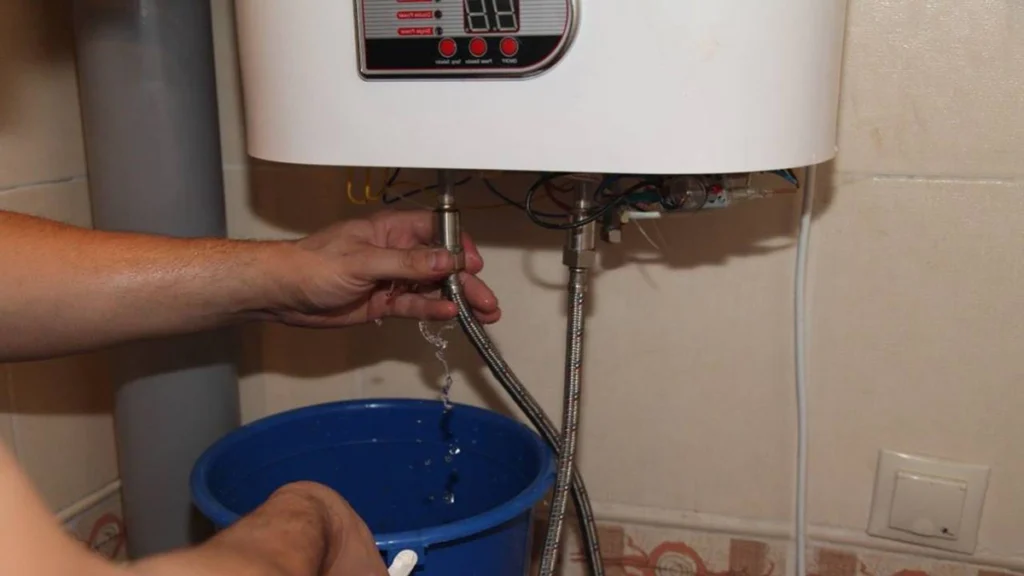
Signs of a Serious Water Heater Leak
Not all leaks are the same. Here are some signs that your leak is more serious and needs immediate attention:
- Pooling water around the base: If you see water gathering around the base of the water heater, this could indicate that the internal tank has failed.
- Rusty water: Corrosion inside the tank can cause rust to appear in your water. This is a clear sign that the tank is deteriorating.
- Constant dripping from the pressure relief valve: This valve is designed to release pressure from the tank, but continuous leaking could indicate a malfunction.
How to Prevent Water Heater Leaks in the Future
While some leaks occur unexpectedly, there are steps you can take to minimize the risk of leaks in the future:
- Regular Maintenance: Schedule yearly maintenance with a plumber to check for signs of wear and tear, flush the tank to remove sediment, and ensure that valves and connections are functioning properly.
- Check the Anode Rod: The anode rod helps prevent rust in the tank by attracting corrosive elements. Replacing it every few years can extend the life of your water heater.
- Monitor Water Pressure: Excessively high water pressure can damage your water heater and cause leaks. Installing a pressure regulator can help control this.
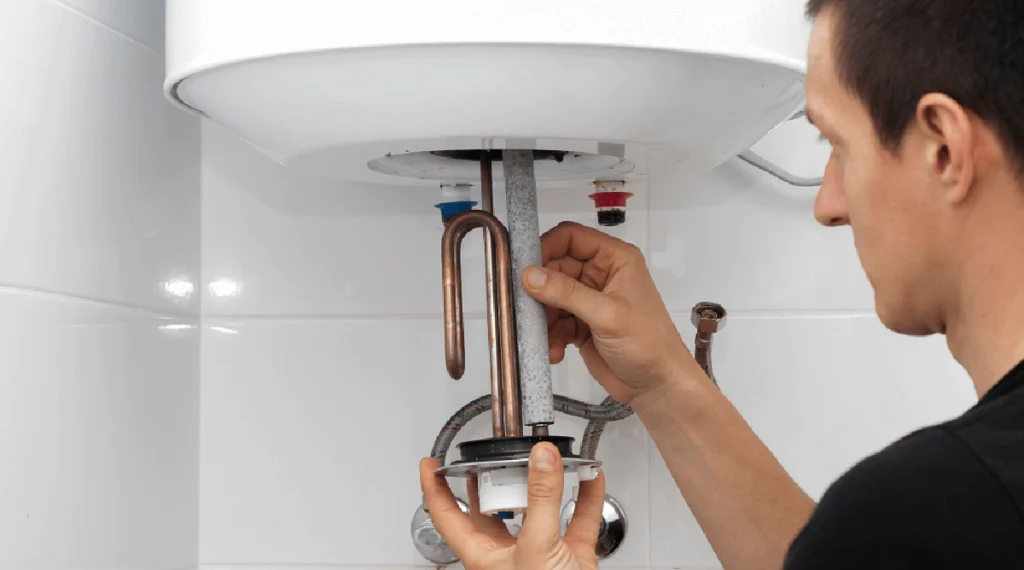
Conclusion
In summary, the answer to can you still use water if your water heater is leaking is no, especially if you’re using hot water. Continuing to operate a leaking water heater can cause further damage, increase safety risks, and lead to higher energy costs. If you notice a leak, turn off the power, shut off the water supply, and contact a plumber to assess the situation. Taking swift action can save you from more serious issues down the line.
By addressing the leak early and following preventative maintenance steps, you can ensure the longevity of your water heater and avoid costly repairs in the future.
FAQ
It’s not recommended to use hot water if your water heater is leaking, as it can worsen the problem and lead to safety hazards. You can use cold water, but it’s best to address the leak immediately
Turn off the power supply, shut off the water valve connected to the heater, and call a plumber to assess the situation. In some cases, draining the tank may be necessary to prevent further water damage.
No, a leak from the bottom of the water heater usually indicates serious issues, such as corrosion or tank failure, and continuing to use it could lead to a complete breakdown.
Yes, leaving a leaking water heater unattended can cause water damage to your home, electrical hazards, and in severe cases, tank failure.
In the Greater Toronto Area, considering factors like water hardness and usage patterns, a standard tank-style water heater generally lasts between 8 to 12 years. Factors like model quality and adherence to a regular maintenance schedule (including anode rod checks and tank flushing by professionals like POM Plumbing) can significantly influence this lifespan and help prevent premature failures, such as leaks.
Regular maintenance, such as flushing the tank, inspecting valves, and replacing the anode rod, can help extend the life of your water heater and prevent leaks.



